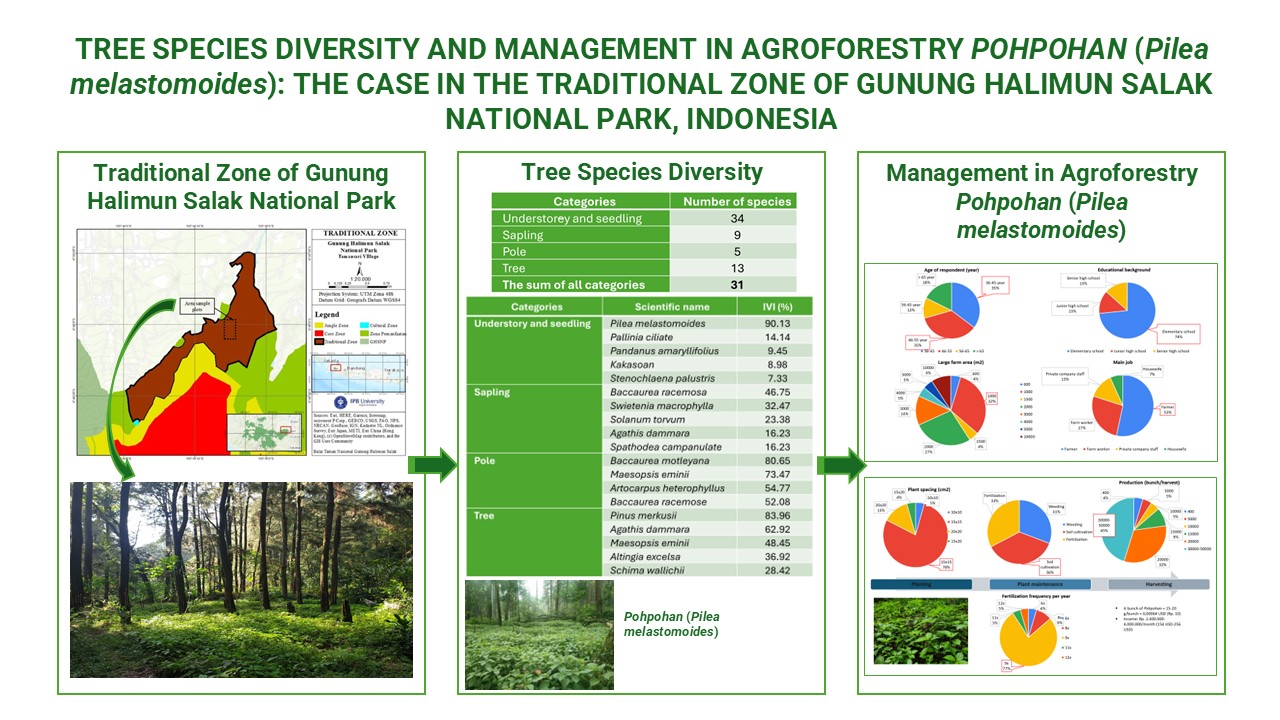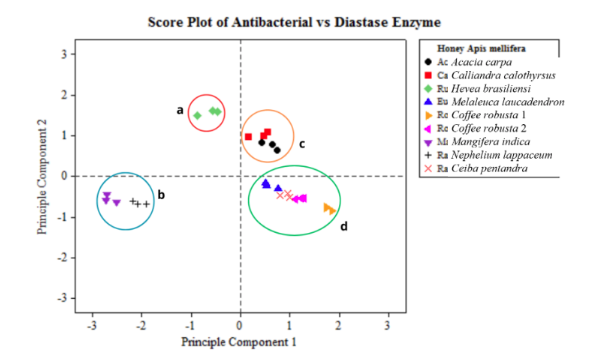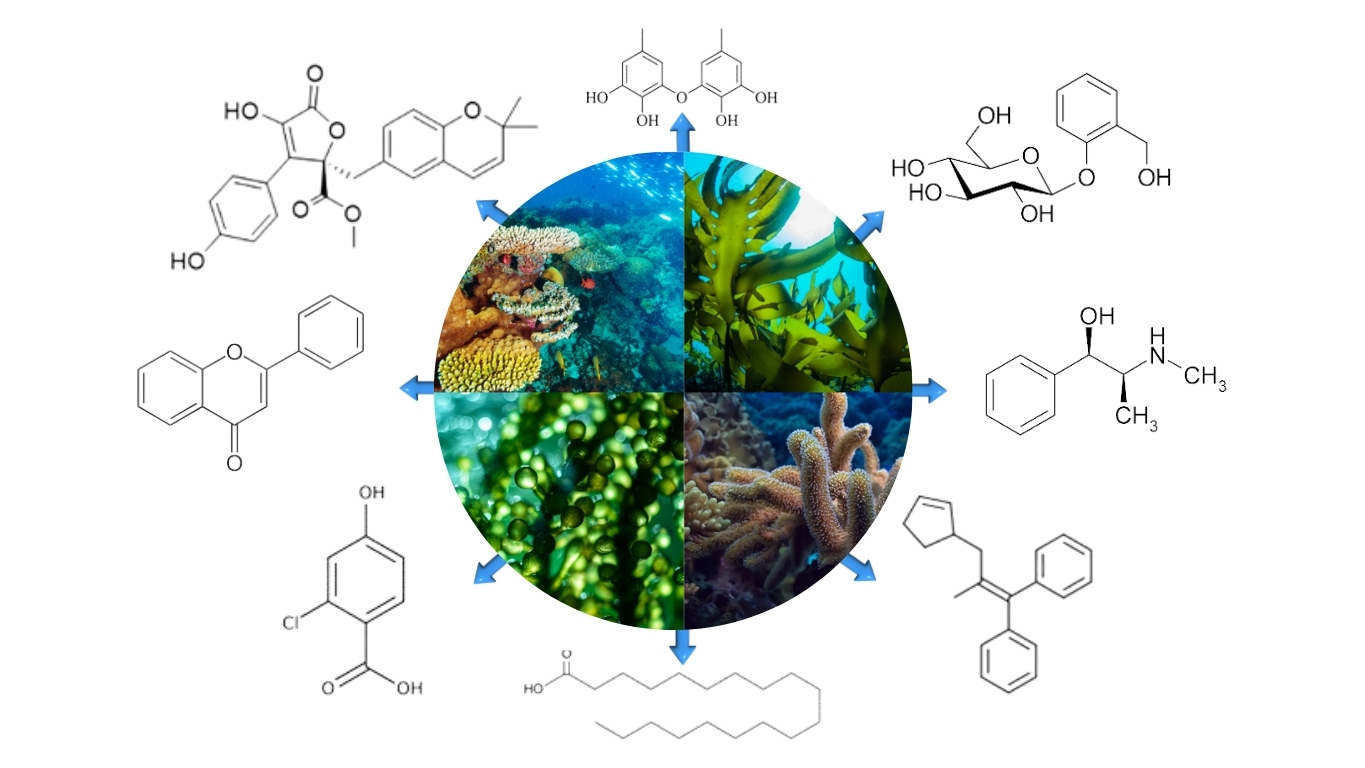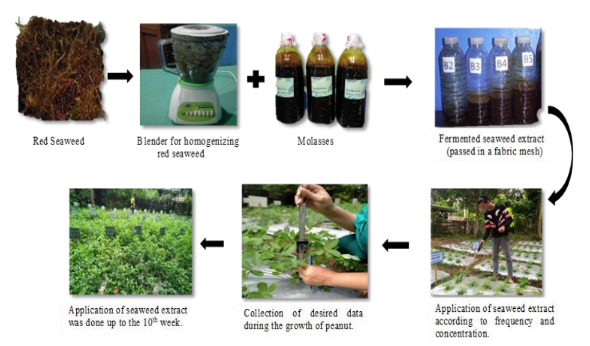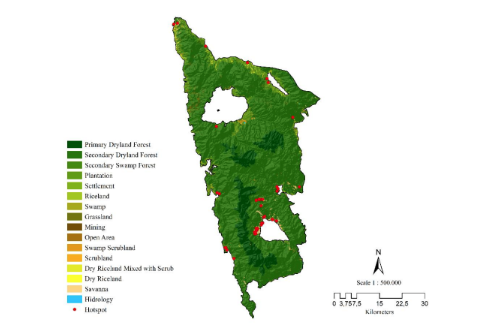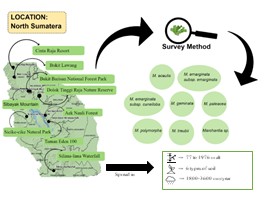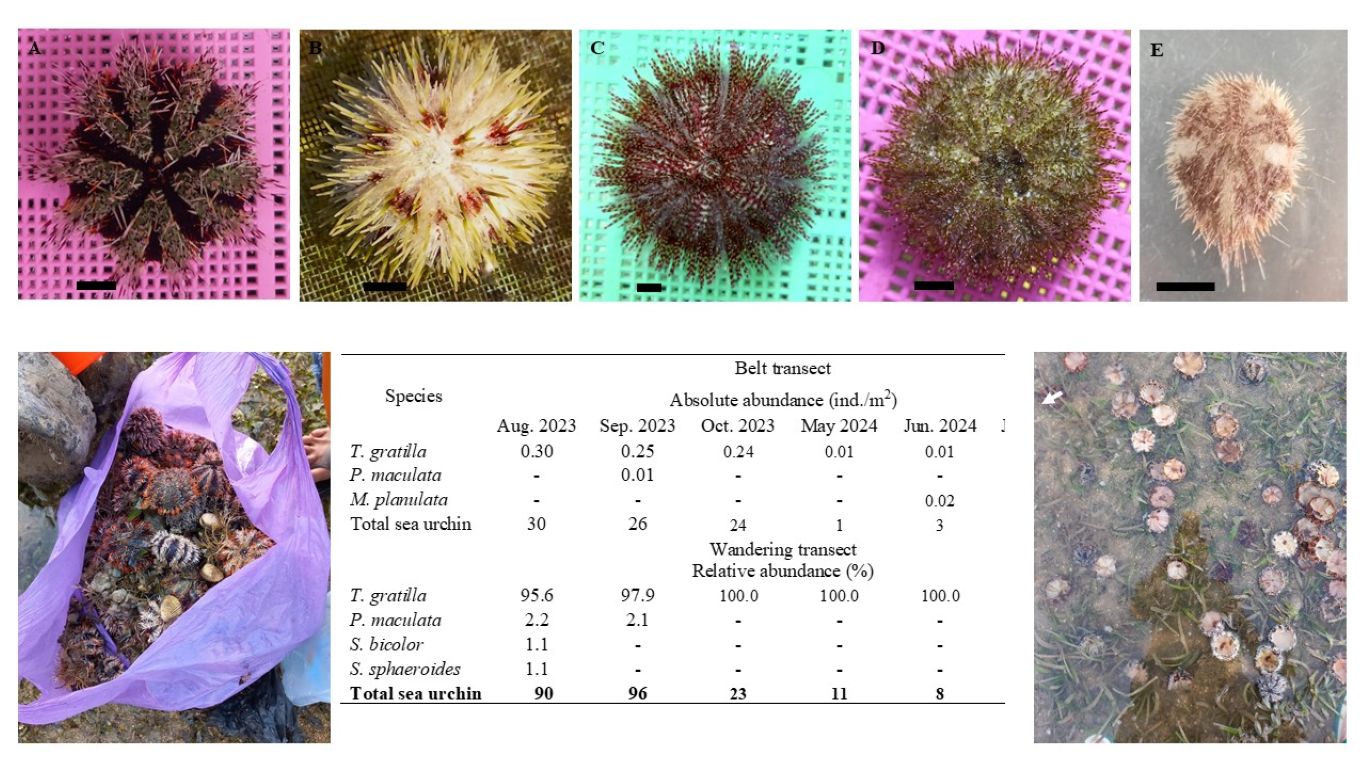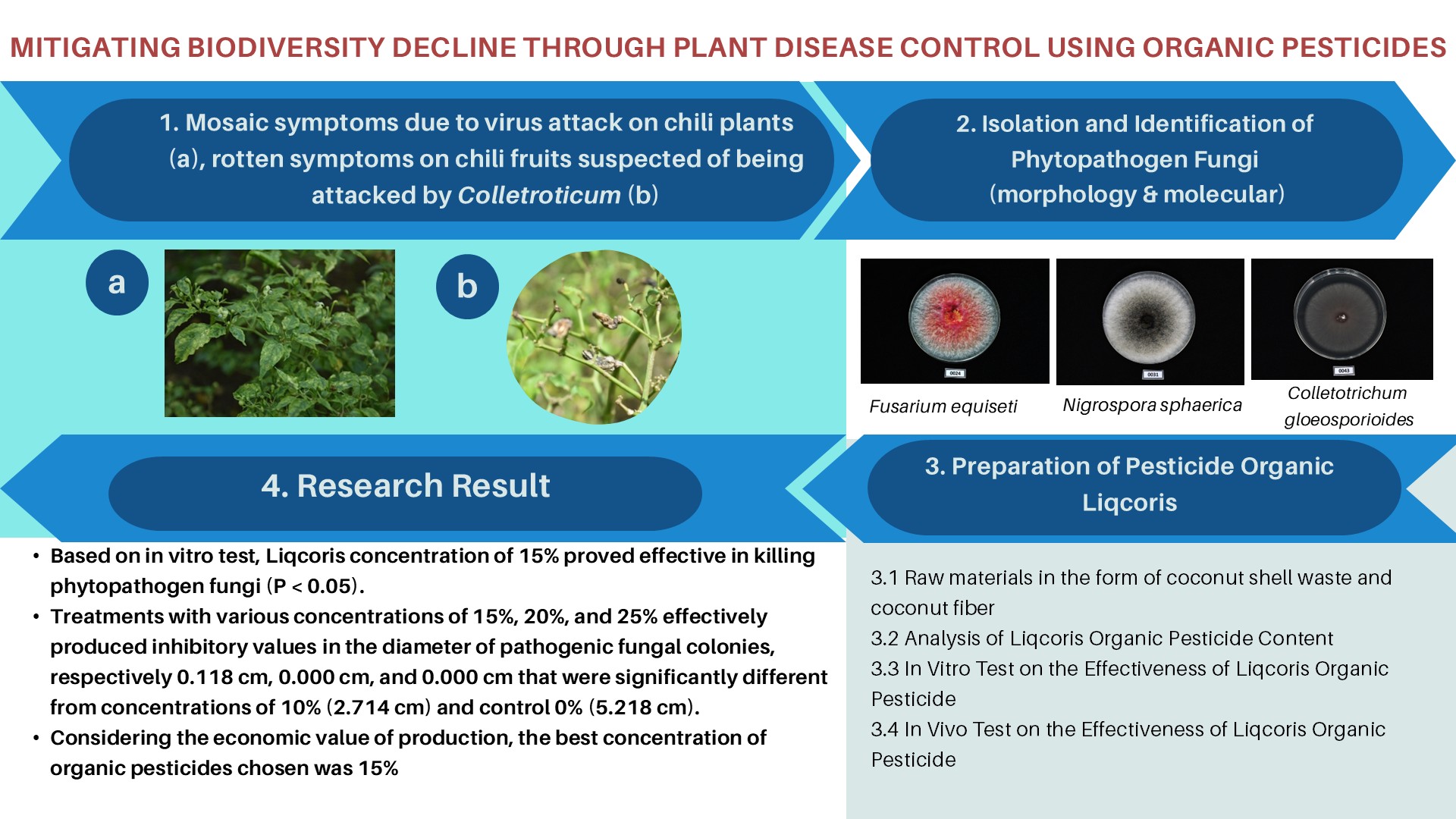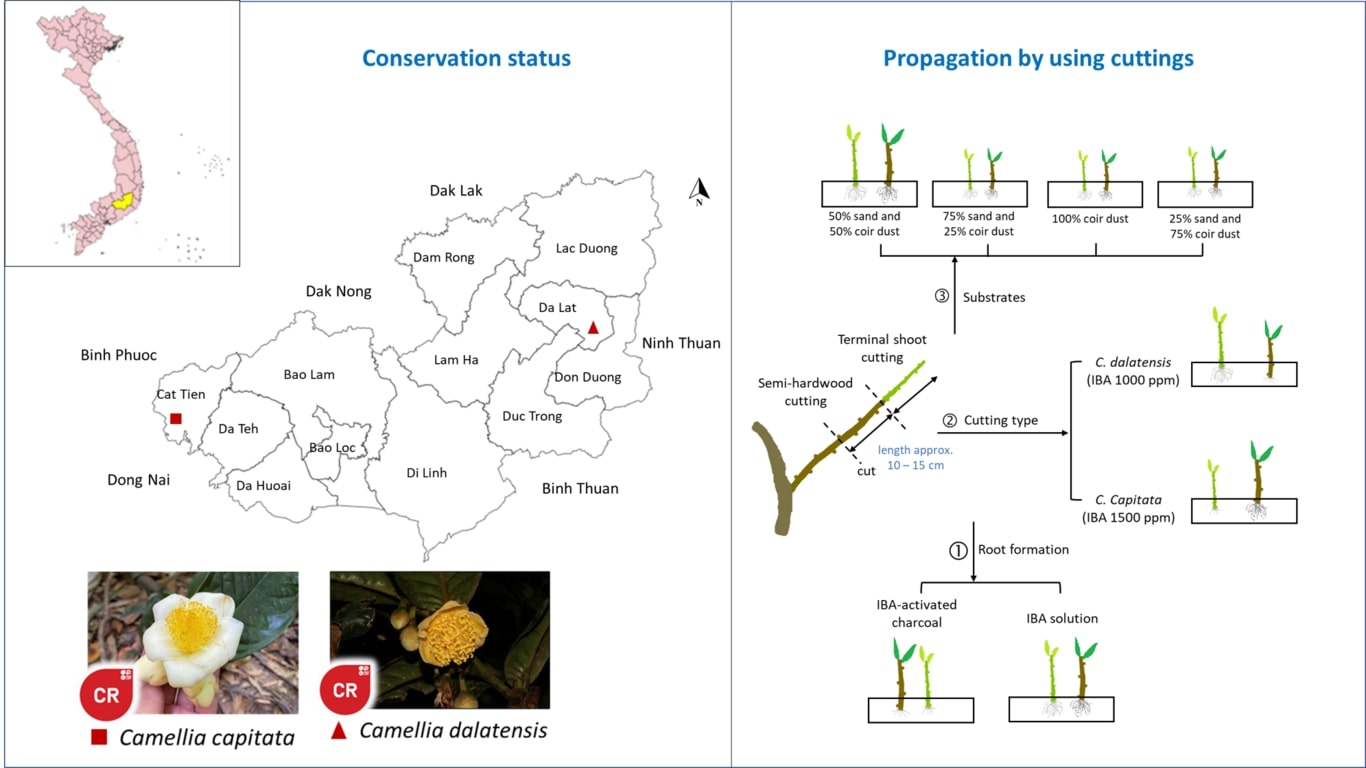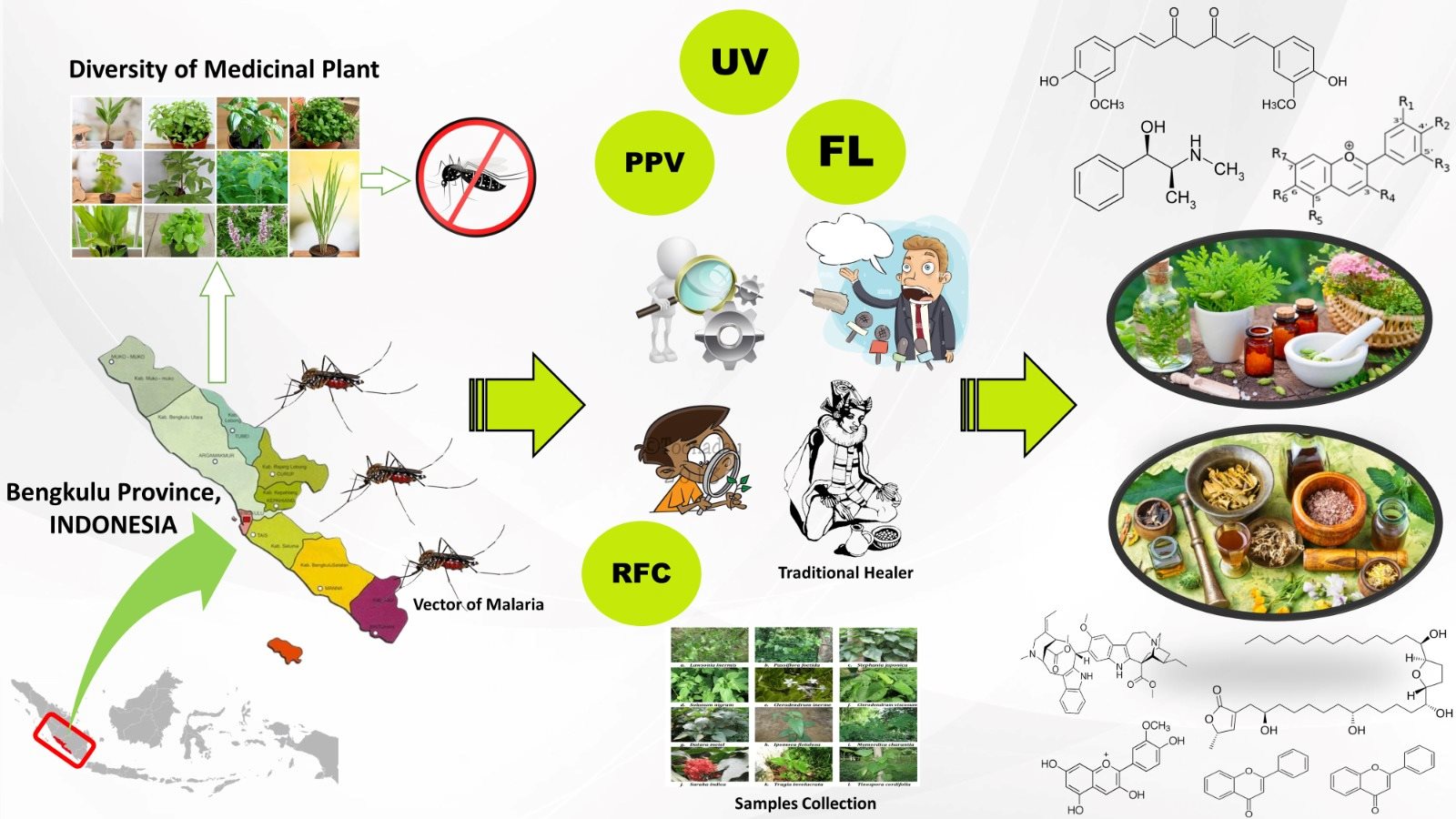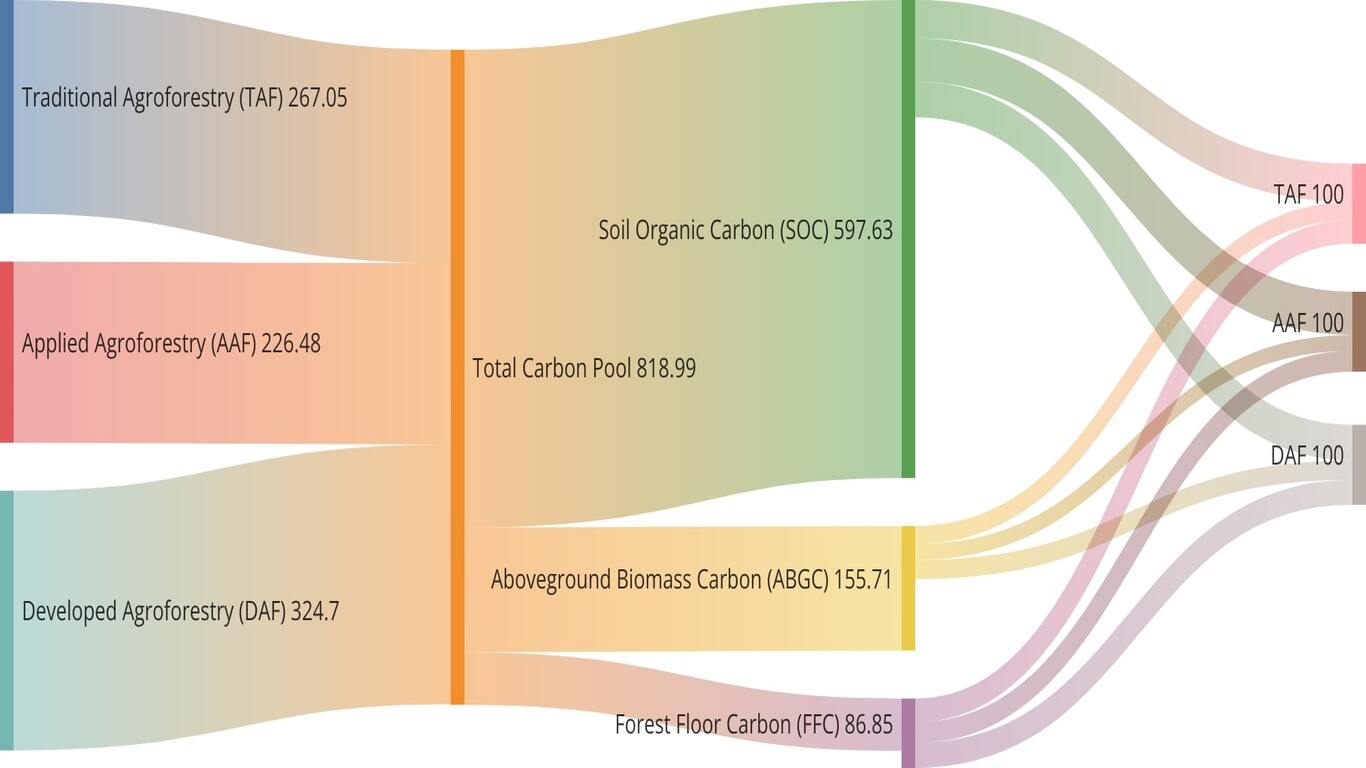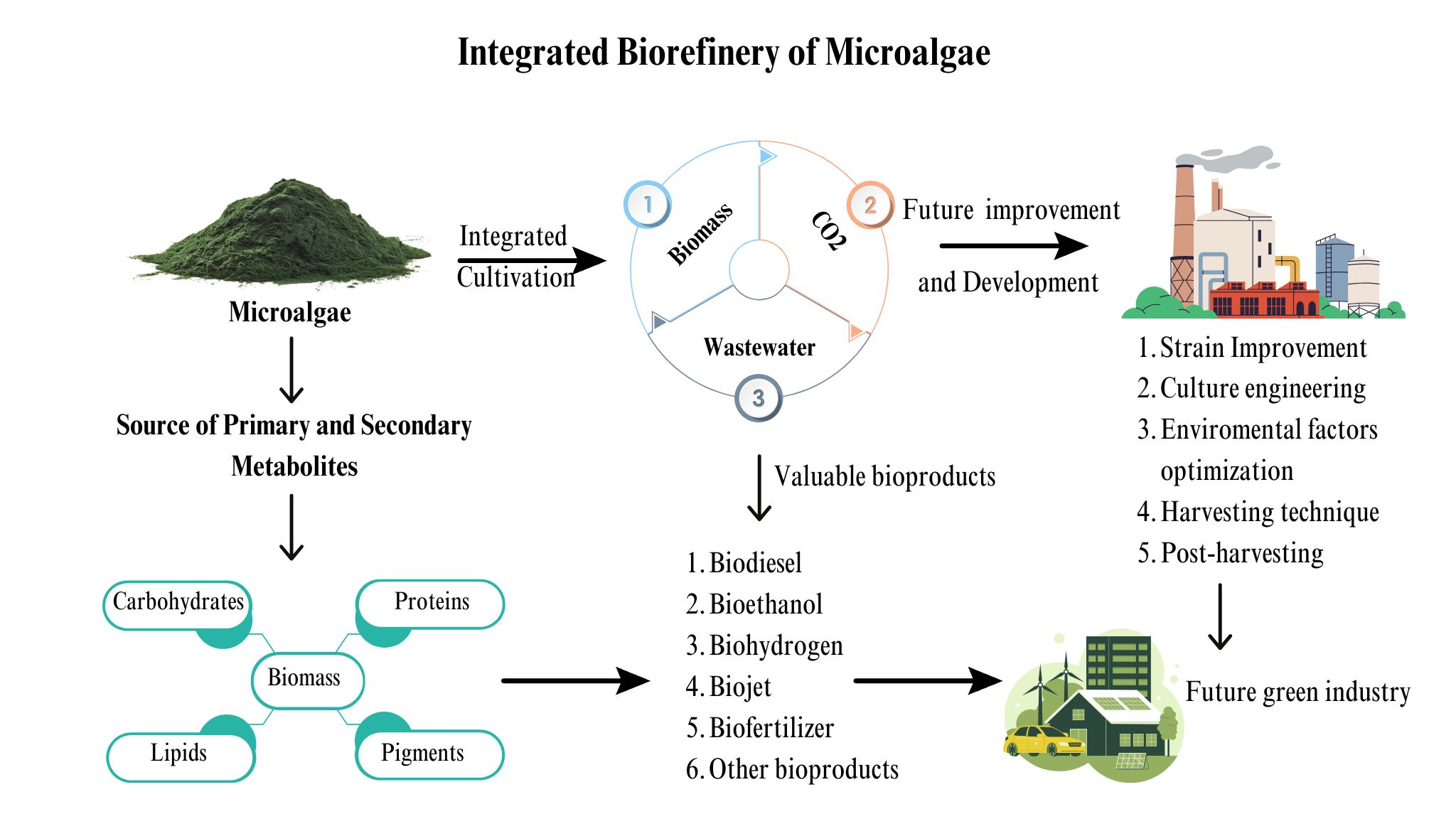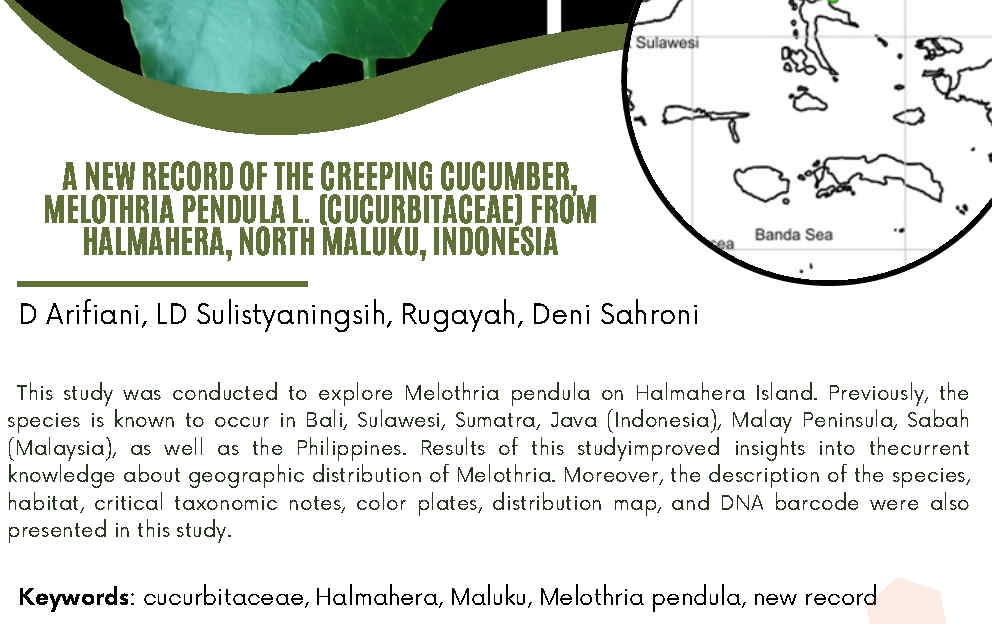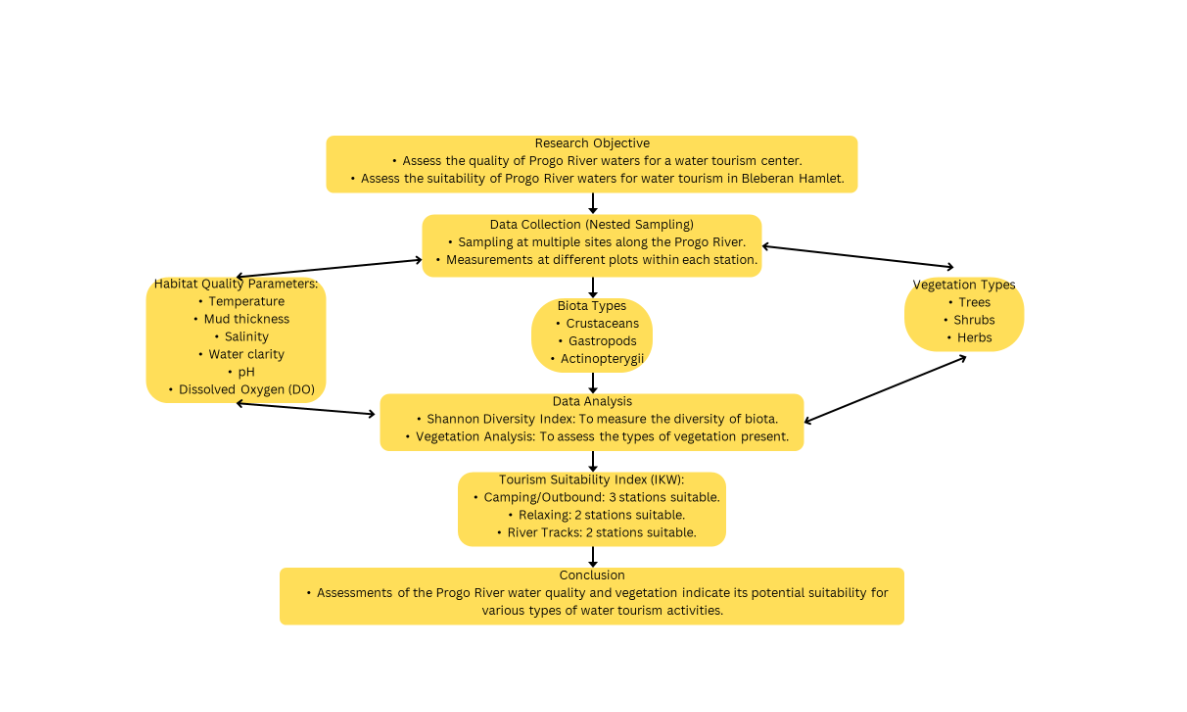DIVERSITY AND DISTRIBUTION OF PLASMODIAL MYXOMYCETES (SLIME MOLDS) FROM LA MESA ECOPARK, QUEZON CITY, PHILIPPINES
Downloads
Myxomycetes are ubiquitous in terrestrial forest ecosystems. Thus, this research study looks at the taxonomic diversity and distribution of plasmodial myxomycetes in La Mesa Ecopark in Quezon City, Philippines. A total of 240 moist chambers were prepared from four substrates (aerial and ground leaf litter, twigs and barks) collected within this ecopark. Following incubation of moist chambers for eight weeks, a total of 28 species belonging to 10 genera were collected and identified: Arcyria (3), Diderma (2), Didymium (5), Lamproderma (2), Perichaena (3), Physarum (8), Macbrideola (1), Metatrichia (1), Trichia (1) and Stemonitis (2). Highest myxomycete yield (85%) was observed in aerial leaf litter. In terms of taxonomic diversity, highest diversity was observed in bark microhabitats, although the lowest number of species was recorded in it. Assessment of their abundance and distribution showed similarities in species composition between aerial and ground leaf litter. This research study is the first report of plasmodial myxomycetes in La Mesa Ecopark in Quezon City, Philippines.
Keywords: myxomycetes, slime molds, microhabitats, recreational forest
Downloads
Copyright (c) 2017 BIOTROPIA - The Southeast Asian Journal of Tropical Biology

This work is licensed under a Creative Commons Attribution-NonCommercial-NoDerivatives 4.0 International License.
Authors who publish with this journal agree with the following terms:
- Authors retain copyright and grant the journal right of first publication, with the work 1 year after publication simultaneously licensed under a Creative Commons attribution-noncommerical-noderivates 4.0 International License that allows others to share, copy and redistribute the work in any medium or format, but only where the use is for non-commercial purposes and an acknowledgement of the work's authorship and initial publication in this journal is mentioned.
- Authors are able to enter into separate, additional contractual arrangements for the non-exclusive distribution of the journal's published version of the work (e.g., post it to an institutional repository or publish it in a book), with an acknowledgement of its initial publication in this journal.
- Authors are permitted and encouraged to post their work online (e.g., in institutional repositories or on their website) prior to and during the submission process, as it can lead to productive exchanges, as well as earlier and greater citation of published work (See The Effect of Open Access).









